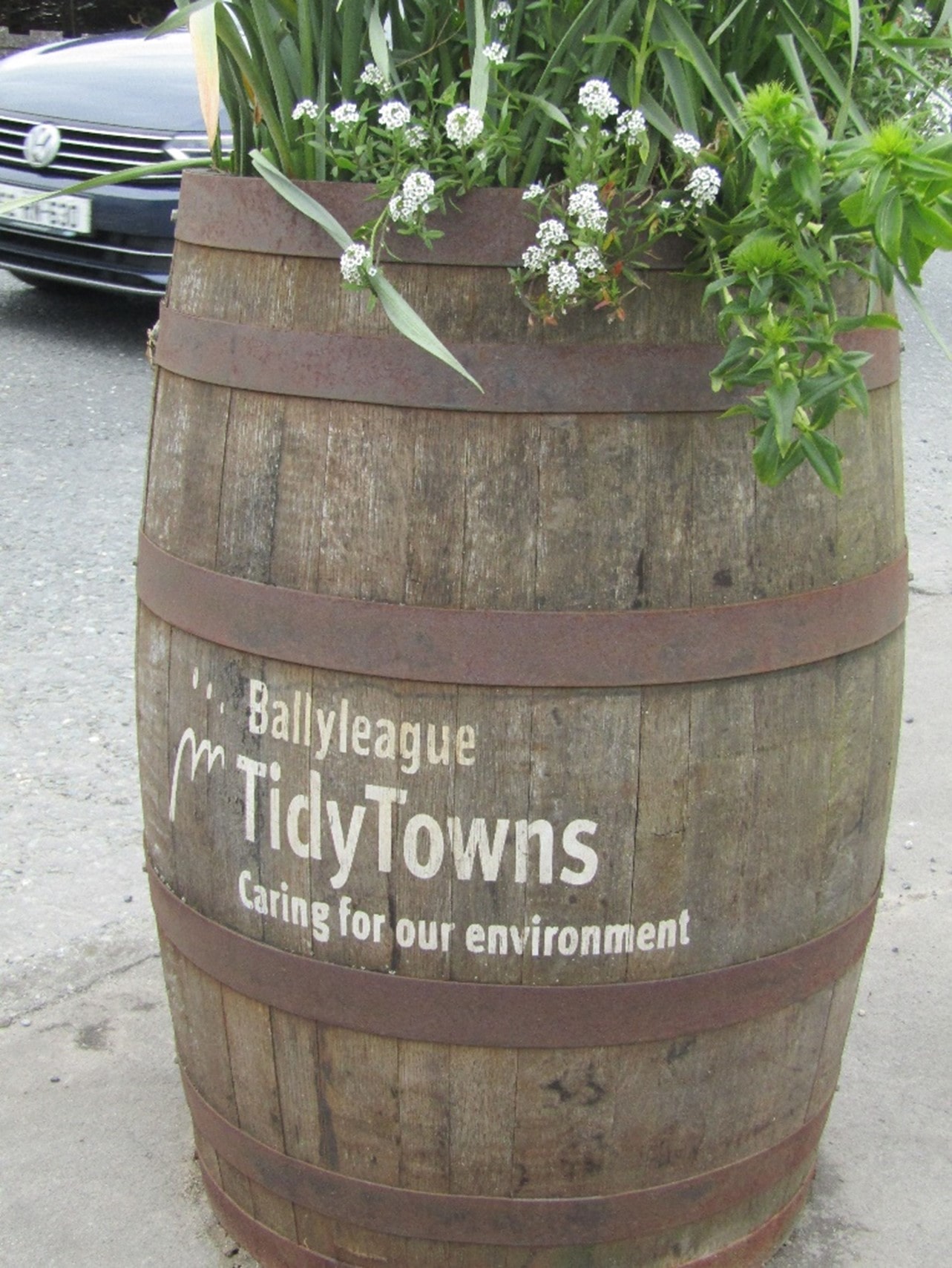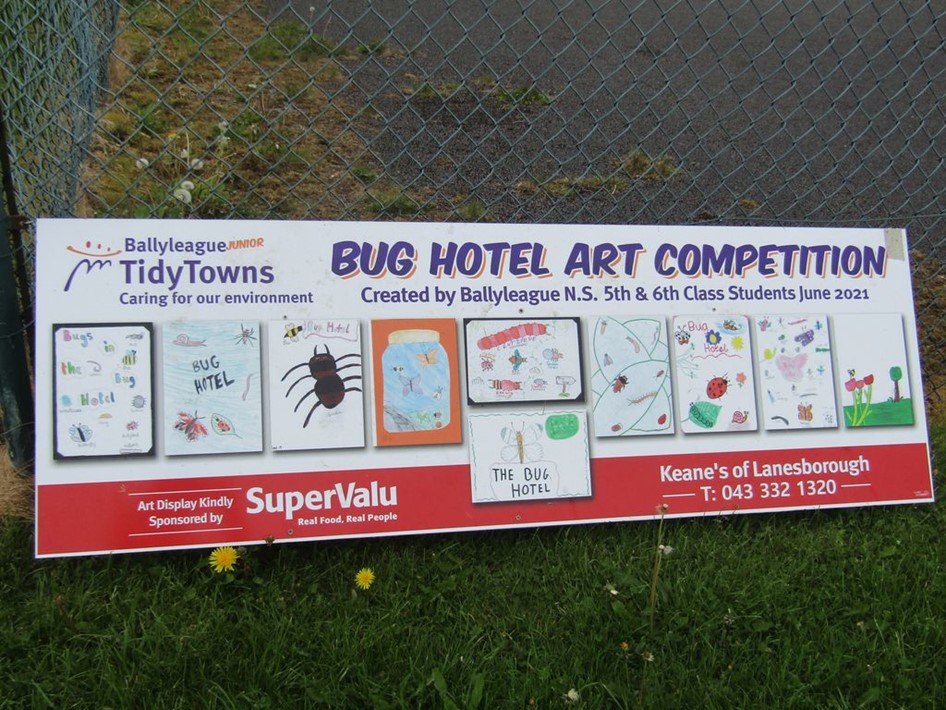Now that our Compendium of Good Community Practices is almost finalized and is going to be published during the next period, we want to share with you another case study that we collected, this time from Ireland!
Classified under the category of Community Waste Management/Recycling Programs and developed in Ballyleague, Roscommon, Ireland, the initiative aims at providing a community-based composter and the delivery of a comprehensive community composting training programme. The practice is implemented by a voluntary group of 12 members, having a wide community assist when needed.

Community composting in Ballyleague village has developed centralized facilities which serve the village and divert significant quantities of organic materials from disposal. Composting locally at the community level yields many other benefits: social inclusion and empowerment, green aware communities, improved local soils, enhanced food security and fewer food deserts, less truck traffic hauling garbage, more local jobs and increased composting know-how and skills within the local workforce that is reinforced in the next generation. Furthermore, the composting programme is underpinned by an educational programme. When materials are collected and transported out of the community for processing, few if any of these befits are realized at the local level. In addition, community-scale operations moved from concept to operation in a relatively short time frame in Ballyleague.

Mr. Gerry Trimble, Chairperson of Ballyleague Renewal and Tidy Towns Committee said that “The training enabled me to understand that different materials break down at different rates, grass on its own won’t provide compost but mixed with leaves it attracts the earth worms which enables compost to be made. To make compost is a process, by turning grass and leaves in to compost has saved us a lot of money as we no longer have to buy any composts for our tidy town work”.